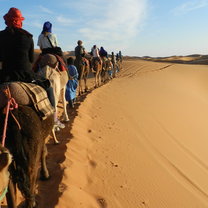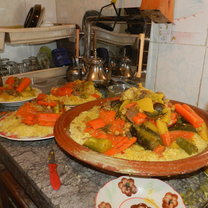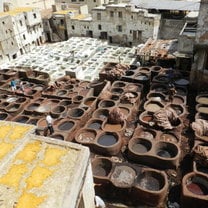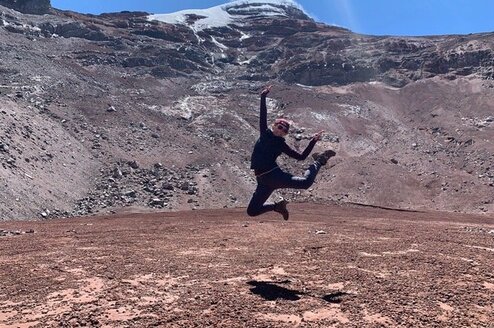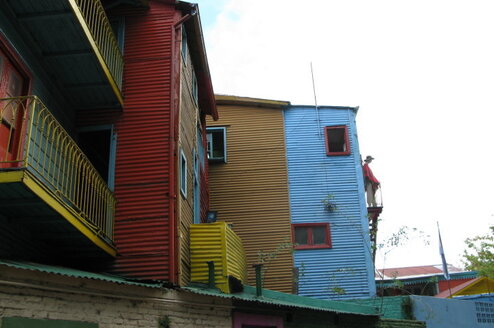SIT Study Abroad: Morocco: Human Rights, Social Justice, and Cultural Transformation
- Morocco
- Rabat
About Program
This program explores the present-day characteristics of the struggles for human rights and social justice within regional, national, and international contexts. We examine the resulting cultural transformations through a range of lenses including gender, individual liberties, globalization, and socioeconomic and political changes.
Excursions to the north and south of the country offer a view of the systems of power and privilege that have produced inequality and unjust environmental conditions, as well as the movements and organizations that have emerged in response. We engage with social economies that cross class and gender, including women-owned businesses producing local products and re-connecting their communities to the land and the environment, and local NGOs that are working collectively to create change.
Video and Photos
Diversity & Inclusion 💙
BIPOC Support
LGBTQIA+ Support
Neurodivergent Support
Accessibility Support
Program Highlights
- Study human rights and social justice issues impacting Morocco and the rest of the Arab world
- Discuss issues of diversity, equity, and inclusion with Moroccan University students and get their perspectives
- Experience flamenco in Casa de la Memoria in Sevilla and Gnawa culture in Dar Gnawa in Tangiers
- Meet Amazighs, Jews, Arabs, and sub-Saharan Africans to understand Morocco's cultural diversity
- Learn about Dar Si Hmad’s system of harvesting and distributing water from fog to serve rural, landlocked Indigenous communities in the Anti-Atlas Mountains in southwest Morocco



